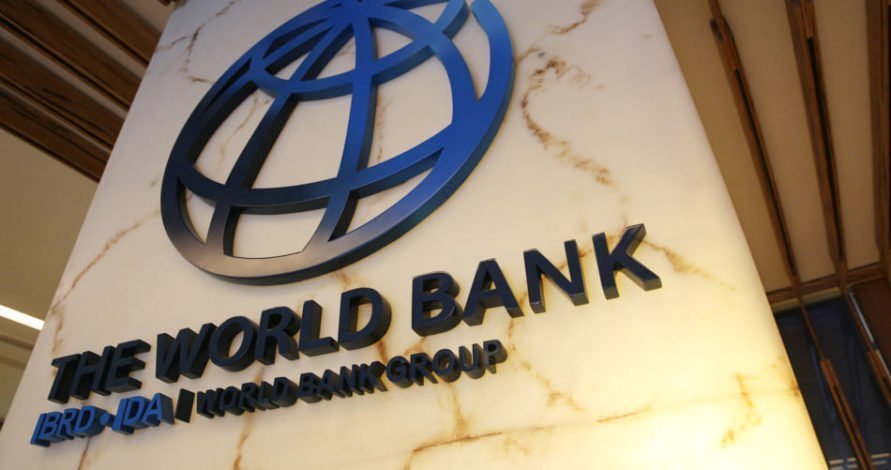The World Bank has said that the drivers of Nigeria’s inflation rate are unique to the nation alone as it differs from what is experienced in other parts of the world. The report also claimed higher inflation could send about 5.6 million Nigerians into poverty.
“Admittedly, higher inflation reduces purchasing power, translating into higher levels of poverty and, ultimately, insecurity. The IMF estimates that between 2020 and 2021, high inflation may drive 5.6 million Nigerians into poverty.”
In a recent Annual World Bank Group/IMF Meetings hosted by the Standard Bank Research Group, the World Bank Group’s Lead Economist for Nigeria and IMF’s mission team made the remark explaining that “Nigeria has one of the highest levels of inflation — but the drivers here differ from across the globe.” Nairametrics saw a copy of the Standard Bank Group report detailing the remarks.
Nairametrics has often reported that Nigeria’s inflation rate challenges are supply-side driven, caused mostly by issues such as insecurity, border closure, supply chain and logistic gridlocks, exchange rate volatility and other issues that are hard to solve with monetary policy alone.
They also blamed the border closure and food inflation as the main drivers of the rising inflationary trend recorded this year.
“Closed borders on Aug 19 caused inflation to shoot up, mainly driven by food inflation and, while inflation has been trending lower since Mar 21, it remains high due to FX liquidity difficulties, supply chain disruptions, and insecurity.”
The World Bank/IMF team also projected Nigeria’s annual growth at 2.6% for 2021 and 2.7% for 2022 citing that “Oil production should improve, with the oil sector expected to recover in the medium term.”
They spoke about other issues as well, such as Nigeria’s forex (FX) situation, fuel subsidy and Nigeria’s debt status. See highlights below.
On Forex…
- The IMF has acknowledged as a positive move the unification of the official exchange rate with the rate at the investors and exporters window. Nevertheless, the Fund believes that making the NAFEX rate more flexible would boost Nigeria’s competitiveness and serve as an incentive to FPIs as well as reduce the premium between the parallel market and official market, thereby softening inflation.
- FX supply too needs to improve. In the 2020 article IV staff report, the IMF established that the country’s FX liquidity challenge is unlikely to be resolved by administrative measures aimed at managing demand. Importantly, the FX regime would need to be both consistent and clear.
- The IMF projects the 2021 fiscal deficit at 6% of GDP, inclusive of the supplementary budget. Concerning is the implicit return of PMS subsidies since Jan 21, projected to add a deficit of 1% of GDP in 2021. The subsidy, which serves as a fiscal drain, is projected to reach NGN 2.6tr, higher than the budgeted expenditure for either education or health.
On Subsidy…
- The PMS subsidy is seen as one of the incentives for petrol smuggling to neighbouring countries as smugglers take advantage of arbitrage.
- The government aims to cease the subsidy as of H2:22. Following the oil price rally, the landing cost for PMS has considerably risen to NGN 279 per litre as at September, from NGN 216.31 per litre in Apr ’21, albeit the PMS price remains steady at NGN 162-165.
- As at September ’21, over NGN 800bn (USD 1.95bn) had been spent on petrol subsidy, that was not included in the 2021 budget. Consequently, oil revenue reached only 56.3% of the prorated budget as at August, putting upside risk on the 2021 fiscal deficit.
On Public Debt…
- Public debt to GDP (including CBN’s overdraft) may reach 40% of GDP, by the IMF’s estimates, in the short- to medium term, from an estimated 35% in 2020; this is still below the average in SSA.
- Additionally, Nigeria’s debt is mostly domestic and long-term. However, the debt service to revenue ratio is projected at a staggering 70% of federal government revenue and 33% of consolidated revenue.
source: nairametrics




